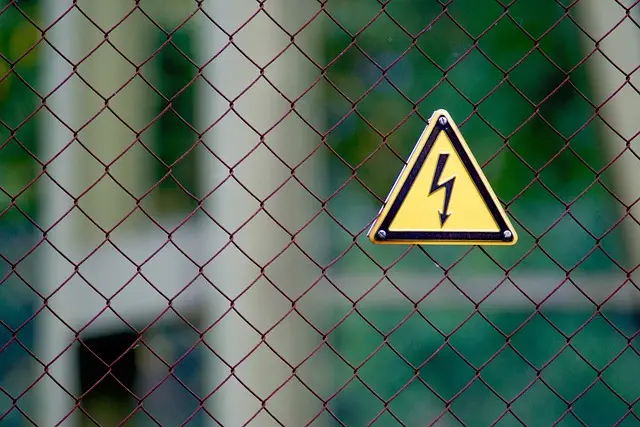Muscle soreness after workouts is caused by muscle fiber damage and inflammation. While South Carolina debates the legality of kratom for pain management, combining a customized workout plan with natural remedies like kratom can offer complementary relief for muscle soreness. However, due to varying state regulations regarding kratom's legal status in South Carolina, users must conduct thorough research before considering it as a treatment option.
Experience persistent muscle soreness? It’s time to unlock relief with customized workout plans tailored to your needs. This comprehensive guide delves into the science behind muscle soreness, revealing its causes and offering a strategic approach to recovery. We explore how personalized exercise routines can revolutionize your wellness journey, providing targeted exercises to alleviate discomfort naturally. Additionally, we shed light on natural remedies, including a surprising question: is kratom legal in South Carolina? Discover effective solutions for soothing sore muscles without compromising health.
- Understanding Muscle Soreness and Its Causes
- The Role of Customized Workout Plans
- Exploring Natural Remedies: Is Kratom Legal in South Carolina?
Understanding Muscle Soreness and Its Causes

Muscle soreness, that familiar discomfort after an intense workout or physical activity, is a common occurrence for many. But what exactly happens within our bodies to cause this sensation? It’s a result of microscopic damage and inflammation in the muscle fibers due to prolonged or strenuous exertion. This process triggers chemical signals that contribute to the pain and stiffness we feel. Understanding these mechanisms is crucial when designing effective strategies for muscle soreness relief.
In South Carolina, as with many places, the legal status of kratom (a natural substance known for its analgesic properties) remains a topic of discussion. While some use it as an alternative remedy for pain management, including muscle soreness, it’s essential to note that research on its effectiveness and safety is still ongoing. Until clear regulations are established, individuals should exercise caution when considering non-traditional methods for managing muscle discomfort.
The Role of Customized Workout Plans

Customized workout plans play a pivotal role in effectively managing and relieving muscle soreness. Unlike one-size-fits-all approaches, tailored exercise routines consider an individual’s unique physical needs, current fitness level, and specific areas of discomfort. By designing a personalized plan, you can target problem zones more precisely, ensuring that each movement is beneficial rather than aggravating.
In the context of South Carolina, where kratom use remains legal (as of now), it’s interesting to note how a balanced workout regimen can complement natural remedies like kratom in managing muscle soreness. While kratom offers certain analgesic properties, a customized workout plan enhances its effects by improving blood circulation, promoting flexibility, and strengthening muscles. This holistic approach not only provides relief but also fosters long-term physical well-being.
Exploring Natural Remedies: Is Kratom Legal in South Carolina?

Kratom, a natural herb known for its pain-relieving and anti-inflammatory properties, has gained popularity as a potential remedy for muscle soreness. However, before considering it as a solution in South Carolina, understanding the legal status is essential. In recent years, there has been a growing interest in kratom as an alternative treatment, but regulations vary across states.
In South Carolina, the legality of kratom is a subject of discussion and interpretation. While some sources suggest that kratom products are legal, others advise caution due to varying local laws. It’s crucial to note that while federal law does not explicitly prohibit kratom, individual states have the power to regulate its sale and possession. Therefore, South Carolina residents should thoroughly research and verify the current regulations before exploring kratom as a natural remedy for muscle soreness relief.
In conclusion, customized workout plans tailored to individual needs prove highly effective for muscle soreness relief. By understanding the causes of muscle soreness, one can design exercises that target specific areas, promoting healing and reducing discomfort. While natural remedies like Kratom have gained interest, including its legal status in South Carolina, it’s essential to prioritize safe and evidence-based practices for optimal well-being. Combining personalized workouts with a knowledge of muscle soreness mechanisms offers a comprehensive approach to achieving relief and enhancing overall fitness.














